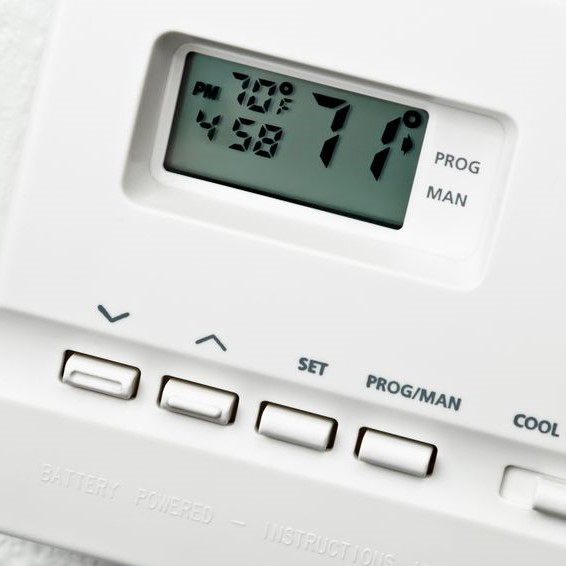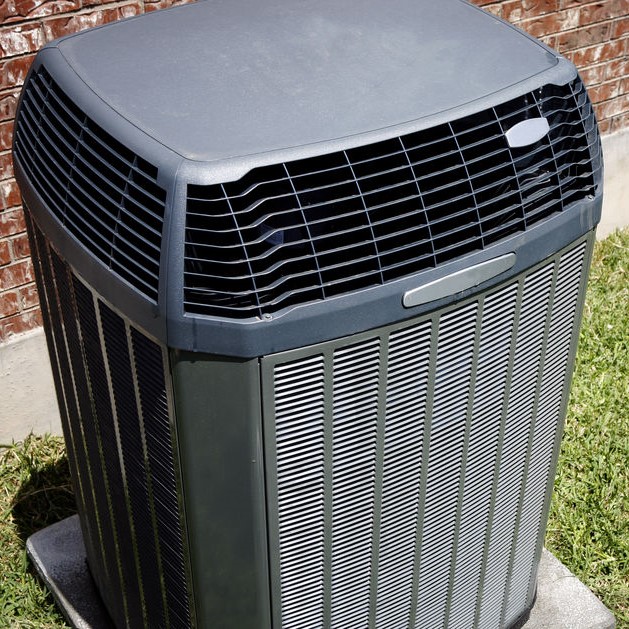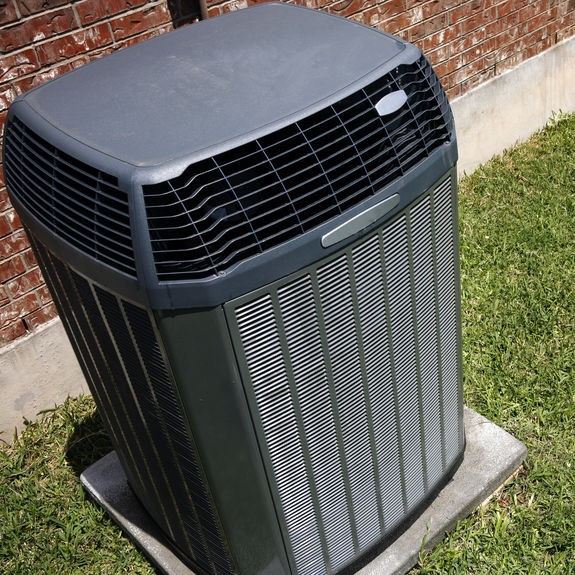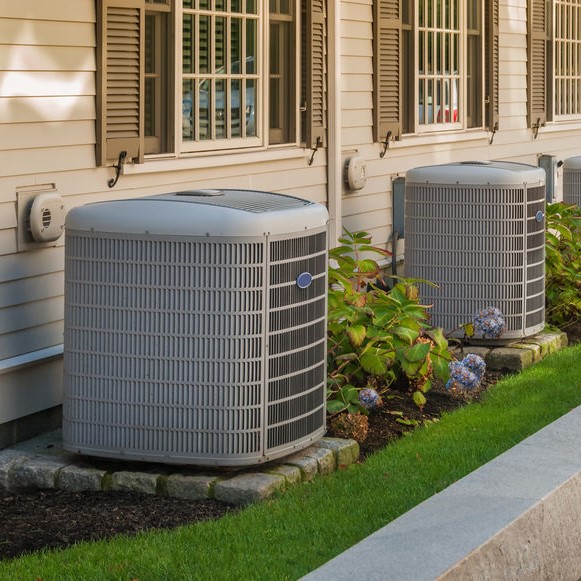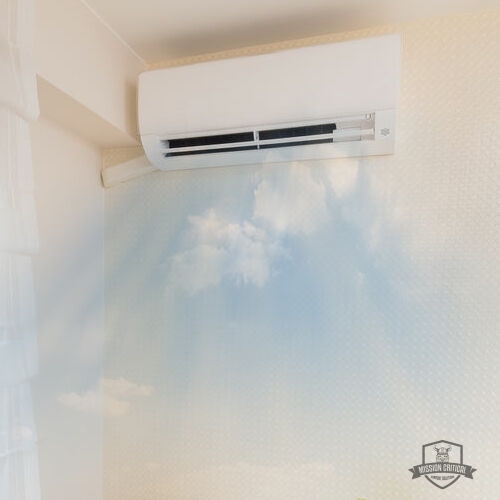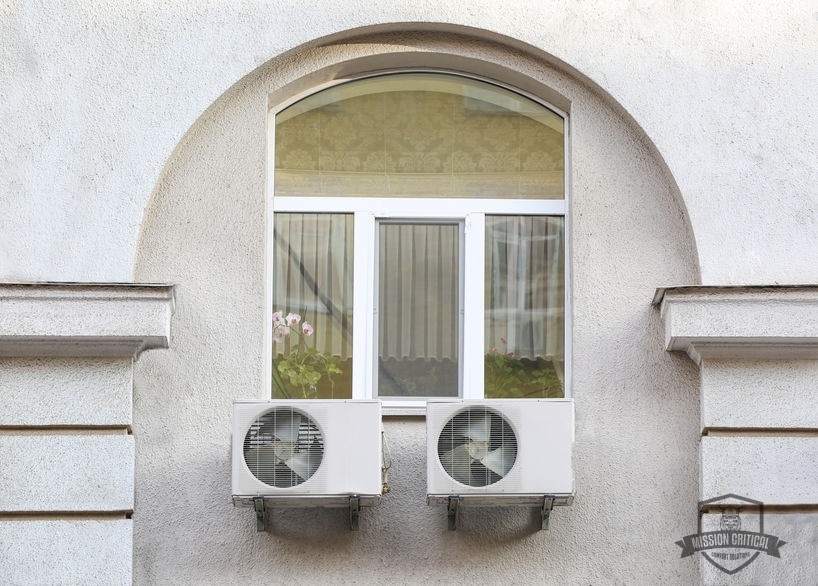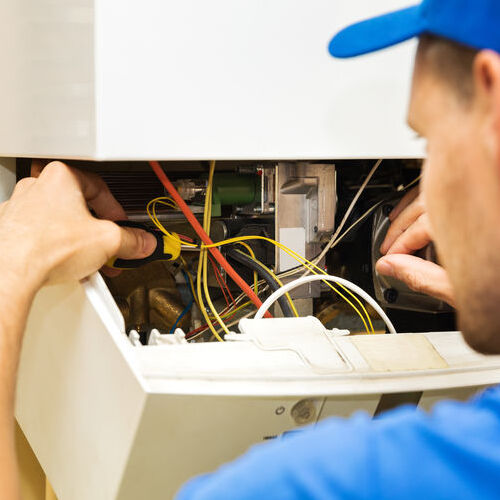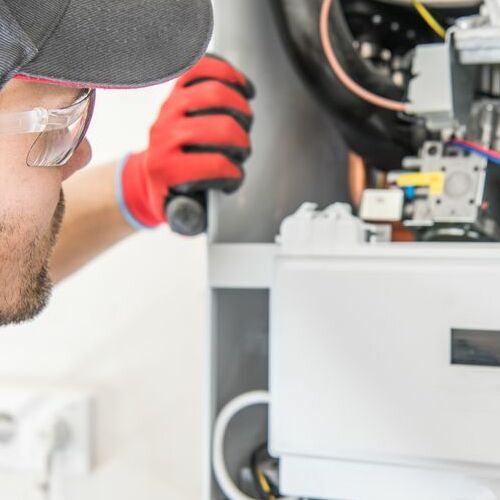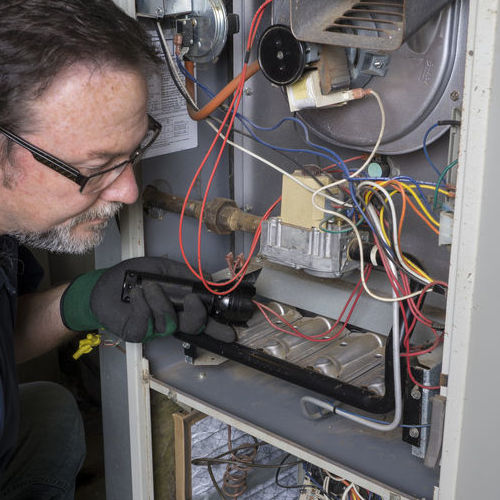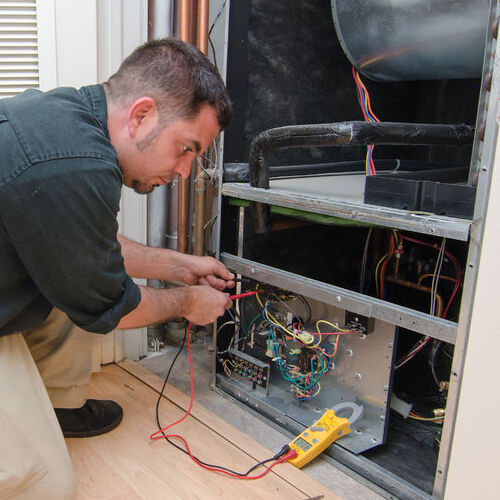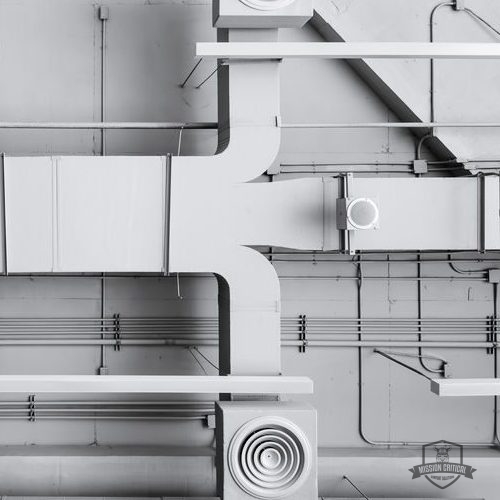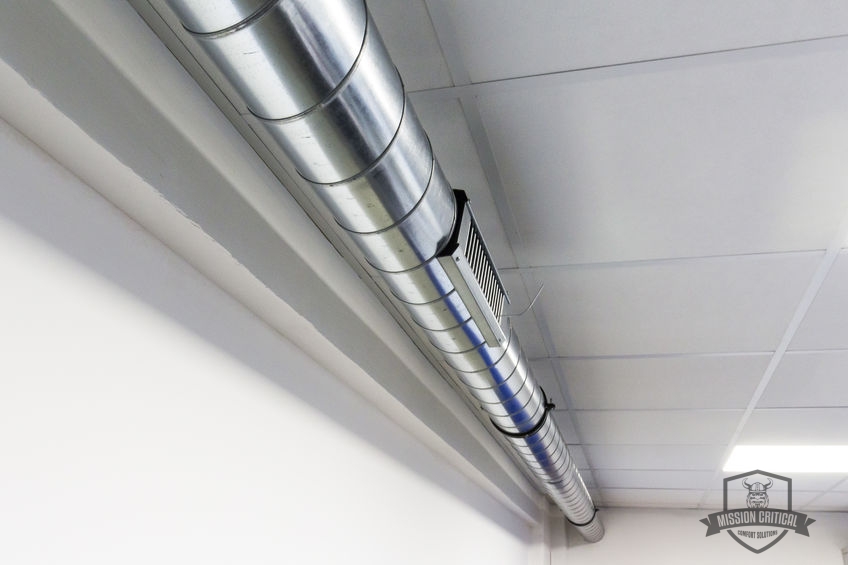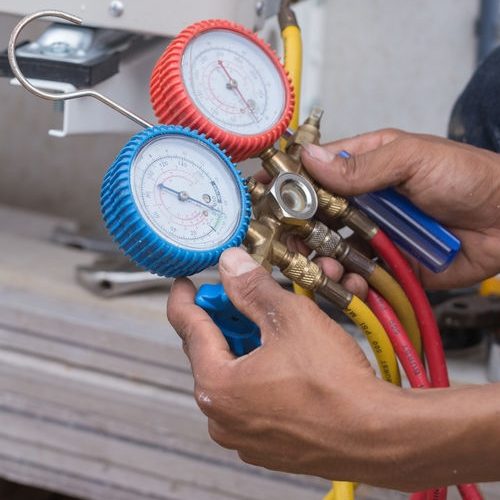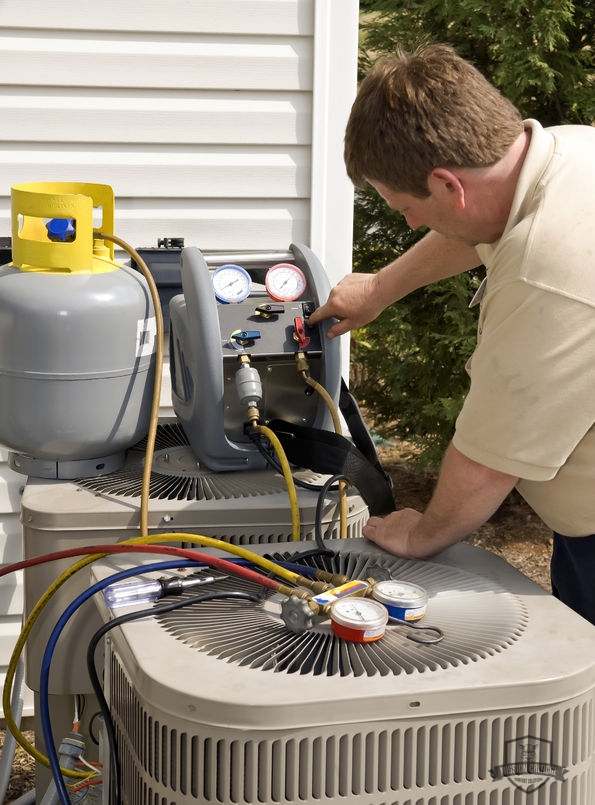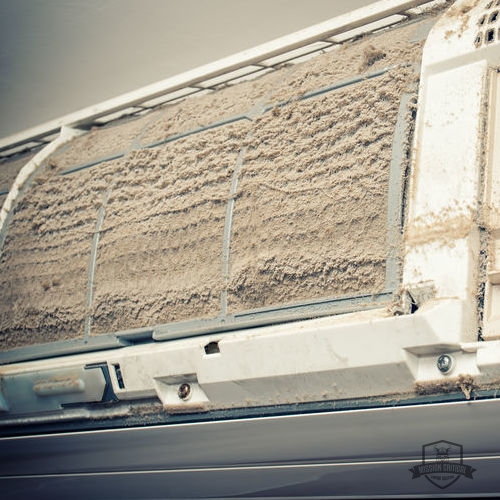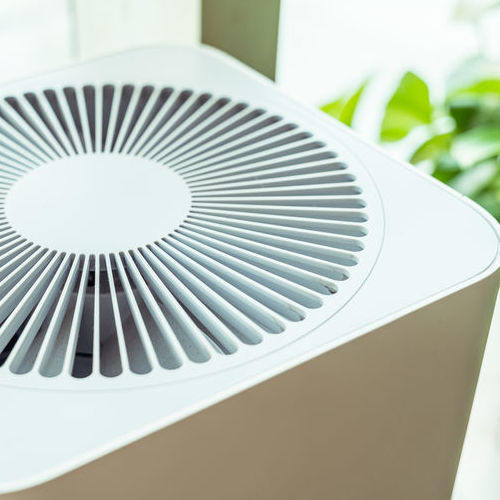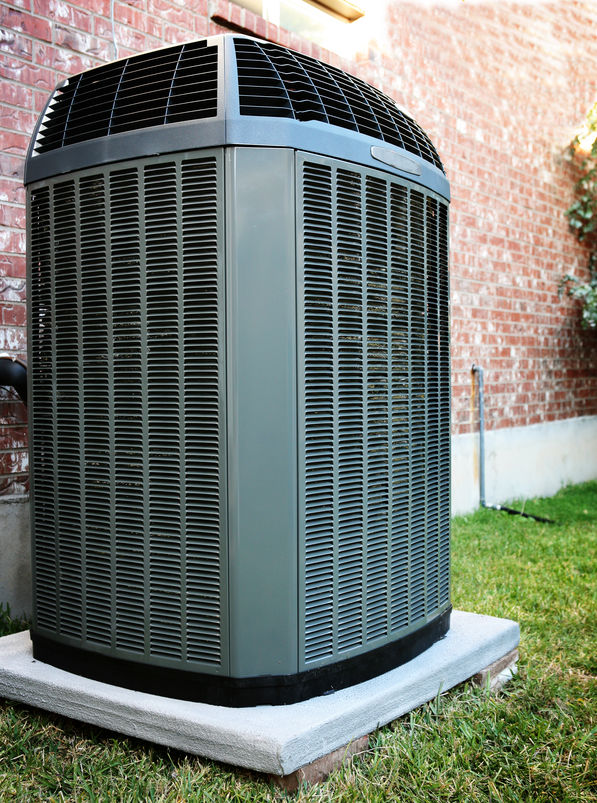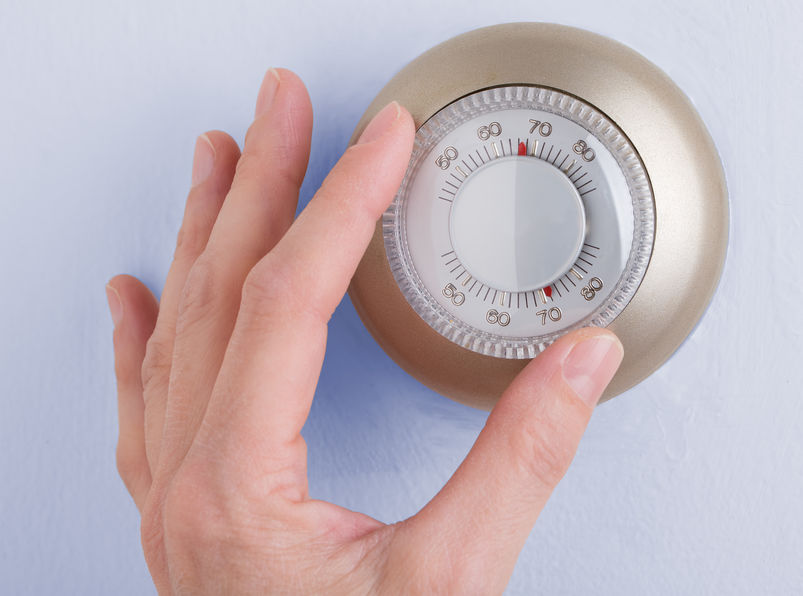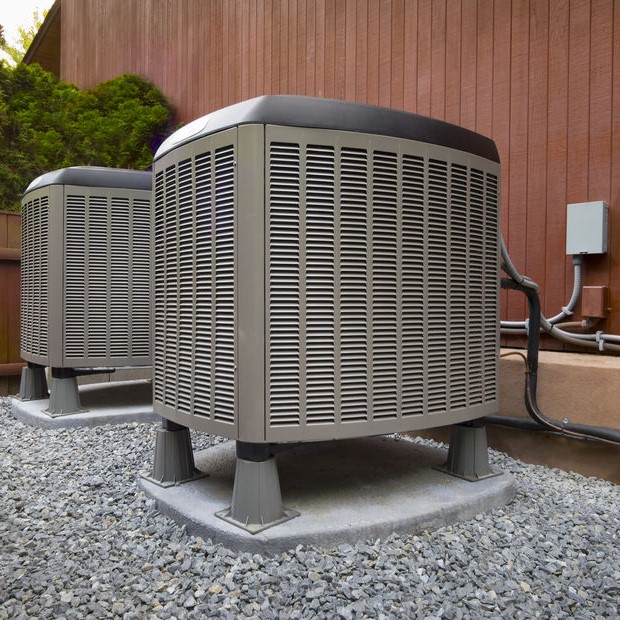
How do you tell if your AC is broken?
Here in the Southern part of the United States, an AC emergency is when the AC isn’t working, and the temperature is 80 degrees or above. However, there are moments that are more defining when it comes to discerning what they consider an emergency ac repair service call request.
Most of the time, your HVAC system will send signals that there is a problem brewing, giving you the opportunity to find somebody that knows how to do ac repair before your unit totally breaks down. Catching these things before it happens is much easier, faster, and less expensive to fix than to wait until it has completely quit working and have to call an emergency ac repair service call. Here are five signs that your air conditioning isn’t working properly:
- Hot Air: If your air conditioner system is only blowing sultry air, it could be the compressor has quit working or there is a refrigerant leak. Both can be sometimes be repaired, and the repair is much less expensive than replacing the entire HVAC system. The emergency ac repair technician will conduct tests on the compressor and other parts, check for refrigerant leaks, and advise you what they have diagnosed to be the issue.
- Moisture: If you have noticed moisture or water around your air conditioning system, that is a sign that something is wrong, but it may be a minor issue, like the drain tube is blocked and the condensation is backing up. This does not makes an emergency ac repair, but it constitutes getting tended to immediately before it becomes an emergency ac repair. Check the drain and drain tube, clear any obstruction away and clean up the water. If the drain is working and the moisture appears again, it is possible you have a refrigerant leak, and that is an emergency ac repair.
- Sounds: An air conditioner that is running correctly should run quietly. A quiet, steady noise coming from the motor is a normal sound. The sounds that aren’t normal is a grating, grinding, or squealing sound. When you hear any of those noises, you need to make that emergency ac repair service call immediately after you have turned the system off. These sounds mean something isn’t working properly and leaving the system on could burn up the motor or other components inside your air conditioning system.
- Smells: A strong and powerful smell could be the insulation in and around the air conditioning system is burning. It can also be from mildew and mold. Either way, you need a professional service to inspect your system and make any repairs needed. If the smell is a burning smell, turn the system off and make an emergency ac repair call. If the smell is mildew or mold, clean what you can around and inside the general area, like the drain, and replace the filter. If that doesn’t clear the odor, then call for a basic service call to have your system professionally inspected and cleaned.
- Humidity: Your air conditioner pulls the humidity from inside your home if it is proper working order. If you notice water pooled around windows or the air in your home is sticky feeling, this is a sign that your air conditioning system isn’t working right. It isn’t a need for an emergency ac repair call, and you can change the filter, that may help. Otherwise, you need to get a professional scheduled to check your system out and make sure all is in working condition.
Is air conditioning not working an emergency?
If your air conditioner isn’t keeping you cool enough, is that what is an ac emergency is? Failure of an air conditioning system is NOT always considered an emergency – in general. However, we all have a different level of discomfort with heat, so if it is miserable hot to you and your air conditioning system isn’t cooling your house fast enough for you, it is your opinion and your bank account if you want to make that emergency ac repair call. Remember, after hours and off-days are charged a higher rate by HVAC service people.
What is considered an air conditioning emergency?
The following situations constitutes as an emergency ac repair and you should contact your air conditioning service company immediately:
- Strange Noises: A loud screeching sound could be a loose belt or the compressor freezing up. Turn the unit off and make that emergency ac repair service call. Do not turn the system back on until the technician has a arrived, inspected, repaired, and gives you the all-clear sign.
- Air Flow: If there isn’t any air flow coming from your air conditioning unit, this could be sign that your system has a major failure and you need to make that emergency ac repair service call. This is something that a trained professional needs to inspect and diagnosis.
- Unusual Odors: If you smell something burning coming from your air conditioner system, it could likely be something with the electrical components within the system. Turn it off immediately and the make that emergency ac repair service request.
Here is a list of the most common types of emergency ac repairs that technicians all around the country experience with emergency ac repair requests:
- Unusual Noises and Sounds
- Warm Air Blowing from Vents
- System Repeatedly Cycling Fast
- Ice Inside or Outside the System
- Humid Inside House with Air Conditioner Running
- Unpleasant Odors
- Air Current is Weak
- Breakers Keep Tripping
- The Fan Not Blowing
- Thermostat Not Working
- Air Conditioner Not Blowing Cool
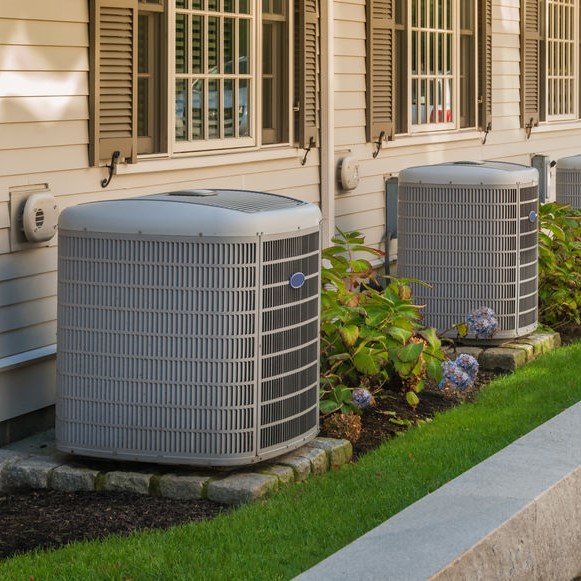
How much does emergency HVAC cost?
Emergency ac repair cost will vary between cities, states, and regions of the country. The far northern areas of the country, where air conditioning isn’t typically needed, will have different rates than in the southern areas of the country like in Georgia, emergency ac repair rates are lower. The same is true of emergency heat repair is likely more expensive in the northern part of the country.
The cost for an HVAC emergency service will be more than a basic service call, no matter where you’re located. Emergency can double or triple the rate for an emergency ac repair service call, starting around $150 and reaching as high as $600. Emergency rates apply to any calls after 5pm Monday – Friday, on holidays and weekends.
So, how long should an air conditioner last? A well-maintained air conditioning system can last 20 years, maybe longer. By well maintained, this means regularly changing or cleaning of the air filter and keeping debris away from the exterior unit. It also means having a professional inspection of your unit twice year to make sure everything is in proper working order. That service call can save you a lot of money by not having to make that emergency ac repair service call. Dial 478-960-5825 today for your ac needs.

